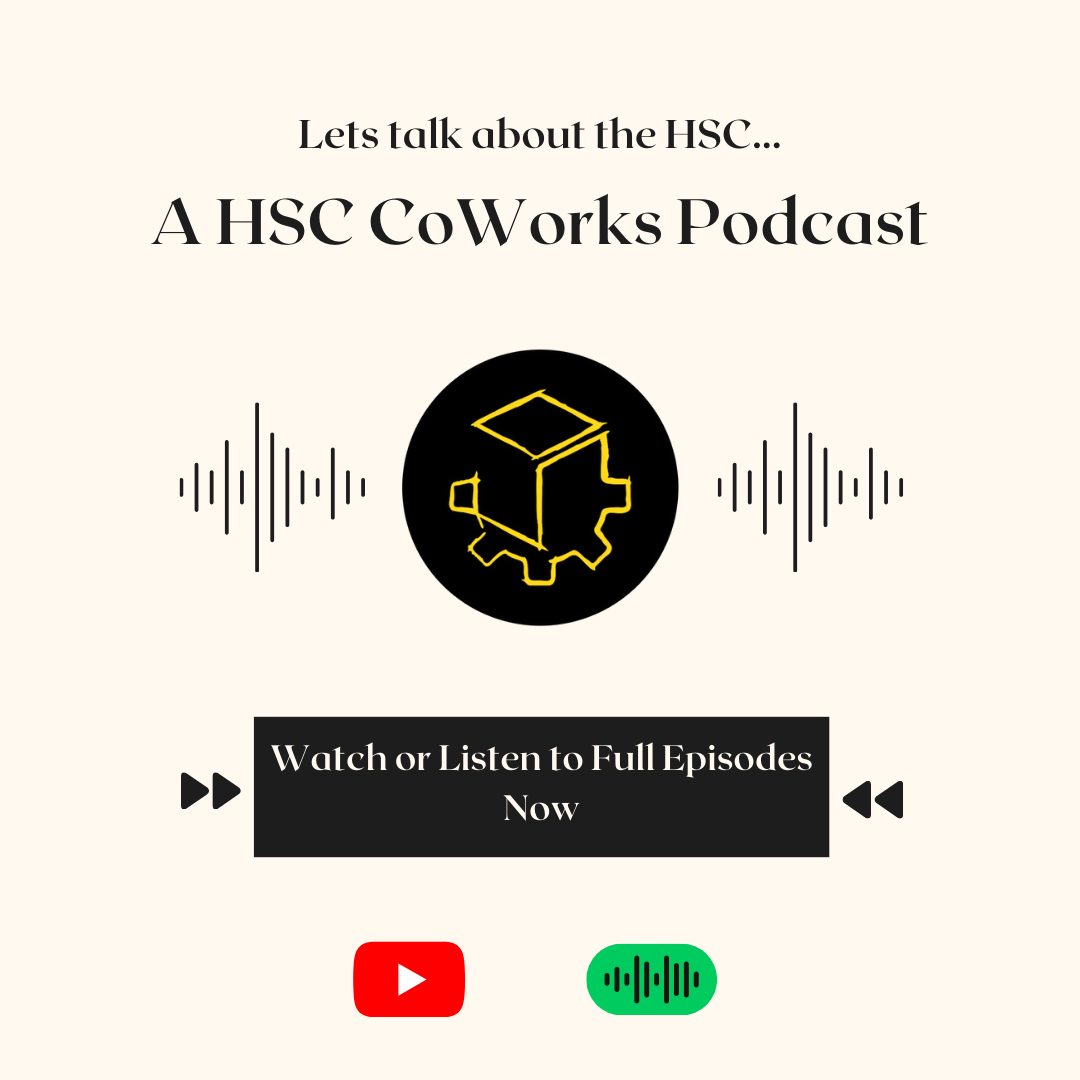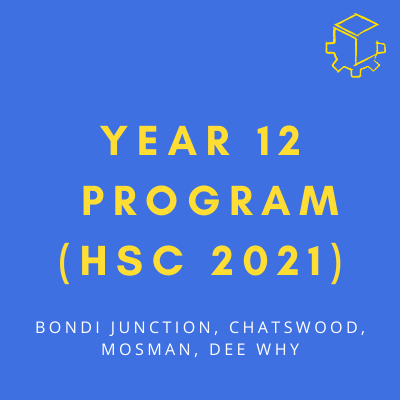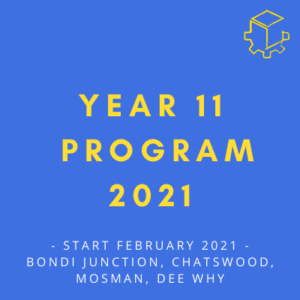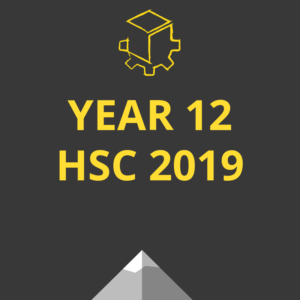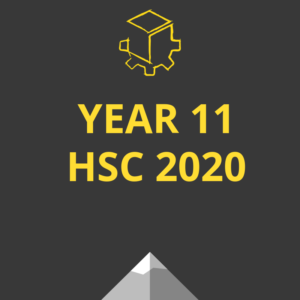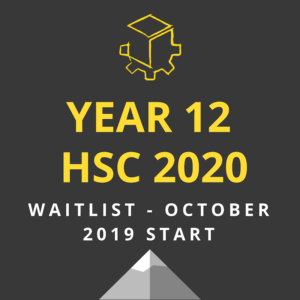The HSC is as much an endurance test as it is an intellectual challenge, and like a physical endurance test, where you prime your body, for the HSC, you prime your mind.
The principles of brain-based coaching, which is what we do at HSC co-works, are directly related to the kind of brain function that is needed for the HSC. Our model is based around the divisions of focus that naturally occur in the brain and assists our student in overcoming the patterns of thinking that create obstacles between them and the HSC result they want.
As we like to say at the office, obstacles are just what you see when you take your eyes off your goal.
There are 5 levels of focus that naturally occur in the brain when trying to overcome an obstacle – whether a large obstacle or in the process of our everyday thinking.
1. Vision
2. Planning
3. Detail
4. Problem
5. Drama
To break this down in terms of how this helps students in the course of their HSC:
1. Vision
This is the ideal space for a student’s head to be in. Vision is what they are working for. This can be the high ATAR, the great university degree, this can be a summer of playing video games, schoolies, or it can simply be the feeling of completion and success that comes with an HSC campaign that has a student’s whole effort put into it. If students are in the vision stage they can view temporary setbacks for what they are: small roadblocks on the road to a great ATAR. The vision stage also enables students to apply the greater relevance of the HSC to small tasks, which is half the battle. It provides a link between what they want and the sometimes unpleasant reality of the stages of the HSC (exams, for some; essays, for others) that they have to complete successfully to get there. Last week’s post explored the importance of maintaining a focus on vision and how this is linked to the struggle of the HSC. The harder you struggle, the closer your vision will get to reality!
2. Planning
The planning is basically the strategy a student has to devise over the course of a year (in terms of the HSC) or for a particular assessment in order to achieve their vision. This is another great level of focus for students sustain throughout their HSC as it allows them to focus on what they need to organise in order to achieve their vision.
3. Detail
Detail refers to the ‘actual details’ – so what the student actually needs to do in order to achieve their vision. This is putting the planning into action, for example, setting up a certain number of hours per day for study and then completing that, or compiling a daily to-do list.
4. Problem
Unfortunately problem mode is very easily slipped into in the HSC. This is where things start to go wrong, let’s just say a mark comes back that’s not so great, or a topic seems insurmountable. It’s our job as brain-based coaches to get students to look at their vision and address obstacles and disappointments from that perspective, before things start to slip into…
5. Drama
This is where emotions take over. We all know that tears and anger and other emotional responses can be easily activated by the HSC, and it’s best to coach students out of this mental state and back into the vision, planning and detail stages in order to keep their eyes on their goal and to activate their higher level thinking, which is prevented by emotional (limbic) responses that characterise drama mode. If someone is in Drama mode, it’s unlikely they will be able to work well towards a great essay, a strong assessment, or feel confident walking into an exam room.
The more time someone spends in vision and planning mode, the better they will be as an HSC student. Vision and Planning are the stages where a student is using our pre-frontal cortex.
For more amazing insights into the brain and the principles that we apply here at HSC Coworks, take a look at the video below.
With the completion of Day 2 of our neuroscience training, HSC Co-works are now certified in brain-based coaching through the NeuroLeadership group. Our staff absolutely loved the training and are ready to implement the neuroscience strategies in the coaching of our HSC students!

